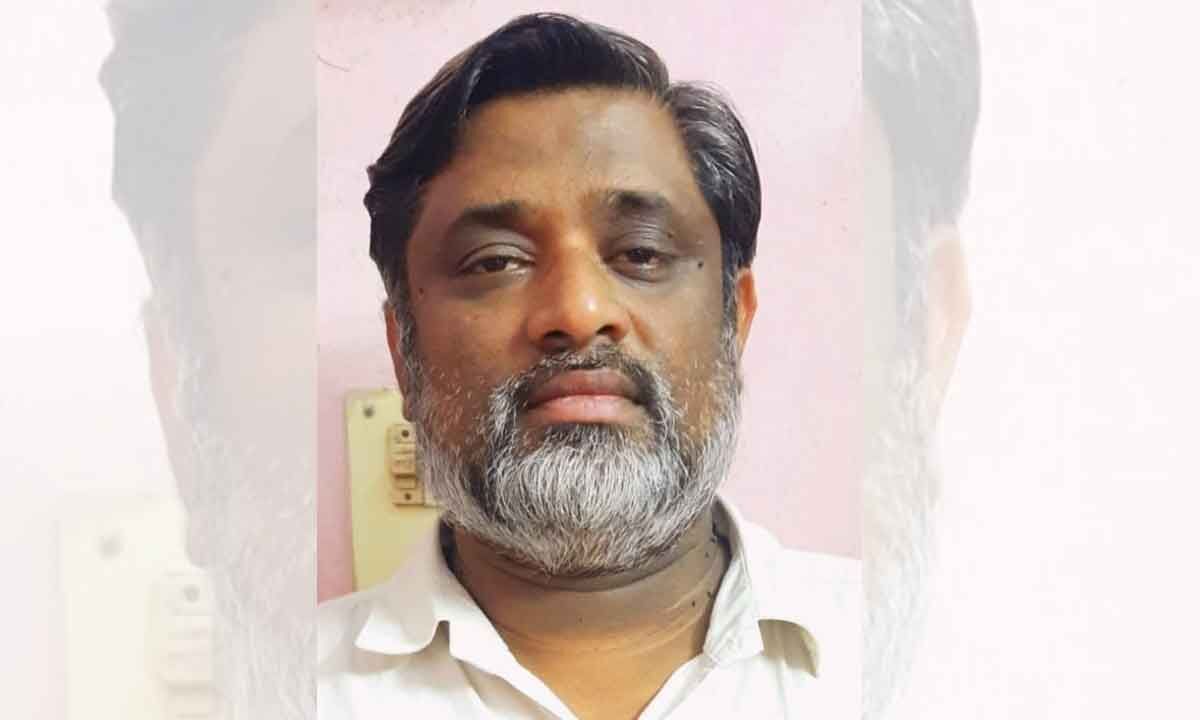
Mahabubnagar social activist Khalid Naveed stresses the urgent need to uplift marginalized communities in the district by raising awareness of existing government welfare schemes. Many low- and middle-income individuals remain unaware of the crucial support available from both state and central government initiatives. He argues that increased awareness is vital for improving the lives of these marginalized populations.
Naveed, a prominent youth welfare advocate, specifically highlighted the Pradhan Mantri Vishwakarma Scheme (PMVS) as a transformative initiative for artisans and manufacturers, particularly those from marginalized groups. He identified a significant challenge: a widespread lack of knowledge about government welfare schemes among the youth, particularly illiterate artisans. This lack of awareness disproportionately affects marginalized communities, including Scheduled Castes (SC), Scheduled Tribes (ST), and Other Backward Classes (OBC), preventing them from accessing vital support.
“Young people must be educated about the numerous government programs designed to support their economic and social mobility,” Naveed emphasized. “These schemes can empower marginalized communities and help them break the cycle of poverty.” He elaborated on the PMVS, a recently launched initiative aimed at providing interest-free loans, skill development programs, and market access to traditional artisans, especially those from underprivileged backgrounds. He stressed the scheme’s potential, lamenting that many eligible artisans remain unaware of its existence. “The PMVS is a fantastic opportunity, but awareness is key to maximizing its impact and improving people’s economic standing,” he explained.
The PMVS is designed to specifically target marginalized groups, offering financial and technical assistance to artisans traditionally excluded from formal credit, advanced training, and market opportunities. The scheme provides up to ₹1 lakh in interest-free loans and training in digital literacy and eco-friendly practices, aiming to modernize traditional craftsmanship while preserving its cultural heritage. Furthermore, the scheme prioritizes gender equity, with dedicated provisions for women artisans to receive training and financial support. “This will empower women economically and enhance their social standing,” Naveed noted.
Naveed urged the youth of Mahabubnagar to actively participate in disseminating information about government schemes like the PMVS. “Young people possess the energy and the platforms to reach those who need this information most,” he said, encouraging them to engage directly with marginalized communities and guide them through the process of accessing these opportunities. He concluded that the success of such welfare schemes hinges on informed participation. “With aware and active youth involvement, we can create an inclusive environment where marginalized communities are no longer left behind.”
Khalid Naveed’s call to action underscores the critical role of awareness in empowering marginalized communities. By promoting government initiatives like the PMVS, young people can play a crucial role in uplifting disadvantaged groups and bridging the socio-economic gap.

